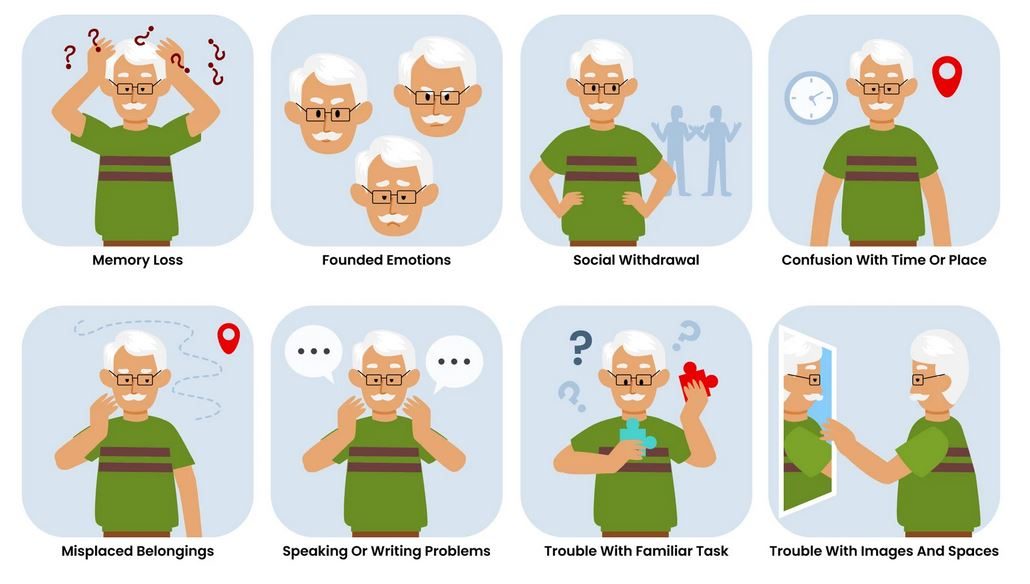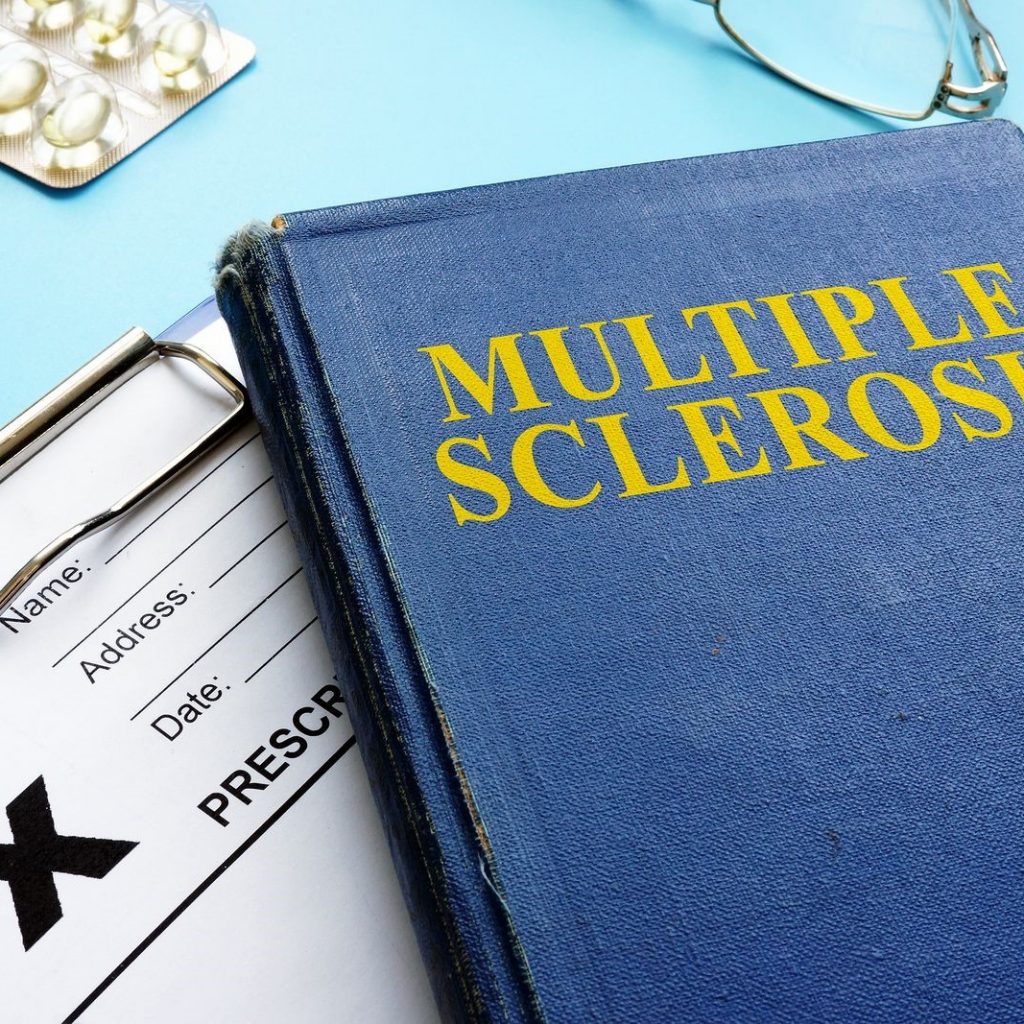Exploring the New Frontier in Alzheimer’s Disease Treatment
Alzheimer’s disease has long been a condition that not only affects millions of individuals worldwide but also poses significant challenges for medical research. However, recent advancements in treatment options have brought a wave of optimism to patients, caregivers, and healthcare professionals alike.
Alzheimer’s Disease Therapies
One of the most promising developments is the introduction of disease-modifying therapies (DMTs). These treatments, particularly monoclonal antibodies targeting β-amyloid (Aβ) proteins, represent a significant shift in the approach to Alzheimer’s disease management. By aiming to affect disease progression directly, these therapies offer the potential to fundamentally improve patient prognosis.
The Alzheimer’s community has also welcomed the traditional approval of Lecanemab (brand name Leqembi) by the U.S. Food and Drug Administration (FDA) for the treatment of early Alzheimer’s in July 2023, followed by the approval of donanemab in July 2024. These approvals mark the end of nearly two decades without new Alzheimer’s drugs, signifying a monumental step forward in treatment options.
Clinical Trials for Alzheimer’s Disease
Clinical trials have played a crucial role in these advancements, with a focus on new drugs that target amyloid plaques in the brain—a characteristic sign of Alzheimer’s disease. Strategies include recruiting the immune system to prevent beta-amyloid from clumping into plaques, a method shown to be effective in recent studies.
Moreover, a new treatment has shown signs of reversing Alzheimer’s disease signs and improving memory function. This treatment has demonstrated the ability to inhibit the formation of amyloid beta plaques, which are prominent protein aggregates in Alzheimer’s.
These advancements in Alzheimer’s disease treatment are not just scientific victories; they represent hope for millions of individuals and families affected by this condition. As research continues to progress, the medical community remains hopeful that these new treatments will lead to even more effective management and, ultimately, a cure for Alzheimer’s disease.

Learn More About Alzheimer’s Disease
For those interested in learning more about these treatments and their implications, it is recommended to consult healthcare professionals, such as Neurology Associates. Dr. Dulai will review the latest research findings with patients and discuss appropriate treatment options. The journey to understanding and combating Alzheimer’s disease is ongoing, and each new discovery brings us closer to a world without this debilitating condition.
Resources:
Alzheimer’s Association – https://www.alz.org/
Alzheimer’s Association Clinical Trials – https://www.alz.org/alzheimers-dementia/research_progress/clinical-trials














